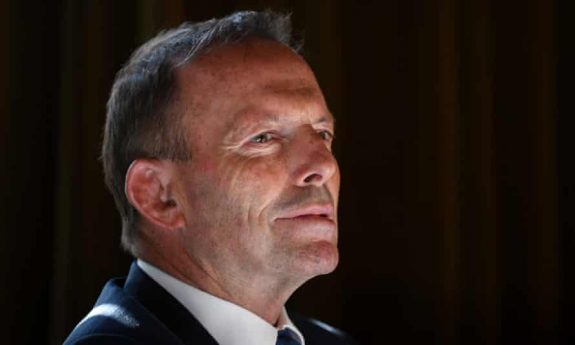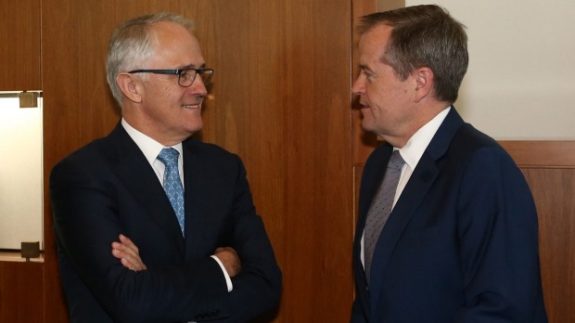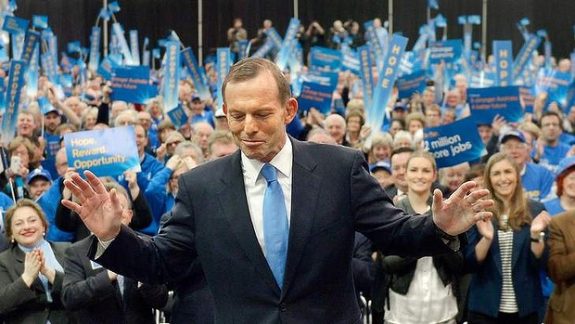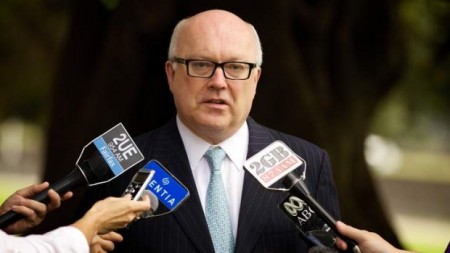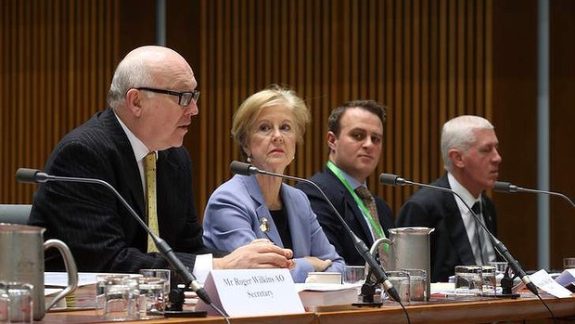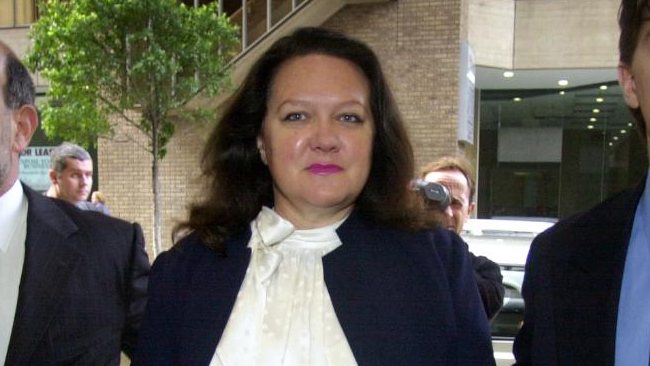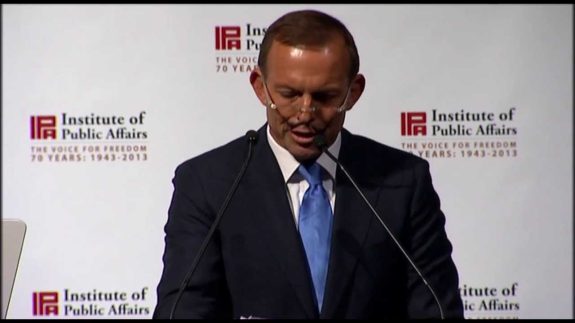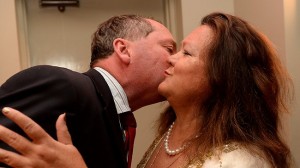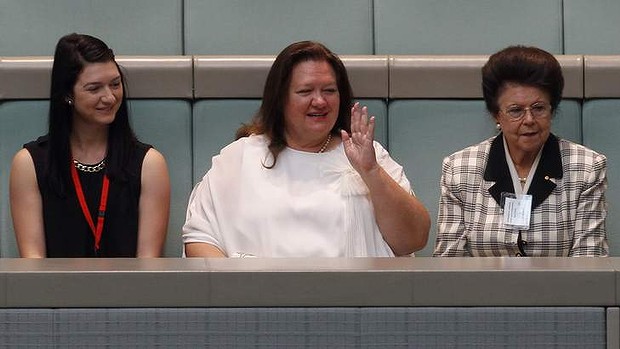The IPA’s war on schools

The IPA is no longer even performing the masquerade of being a thinktank. It is rather a culture war factory for the right; its American-invented campaign on schools risks pushing even more people out of teaching.
Michael Pascoe’s excellent column savaging the IPA illustrates its commitment to greed at the expense of everything. At a moment when Australia is beginning to reckon with which low-lying (and forested) communities will soon become uninsurable in the face of the climate emergency, the IPA is still pushing false doubt about the science.
It seems shortsighted to fight tooth and nail for one’s own children to live in a world much harder and more expensive than the one the combatant was raised in. It seems confused, if not hypocritical, to demonise just policy for asylum seekers at the same time as hounding politicians to shape policy that will displace millions in the next few decades.
Their campaigns, however, are much more myopic than even these contradictions suggest. Teachers learnt with glaring clarity over the worst of the pandemic (so far) that their allocated role in society, stripped of romantic imaginings, was childminding. Teachers are intended to keep youth off the street until they too grow old enough to join their parents in wave slavery and debt peonage.
And yet the IPA, shorn of actual research, has filched from American playbooks the savaging of teachers and schools as the culture war that will keep it relevant and bring its chaotic political arm back to power.
Teachers battle a grinding job that makes holidays a necessity to avoid harming hyperactive masses of children and recalcitrant teens. Constant pressure of arbitrary benchmarks and counterproductive testing makes teaching too often a matter of training children to surmount pointless hurdles rather than to relish all that is around us to be learnt. Battalions of demanding parents treat teachers as servants or miscreants, while administrative demands bow shoulders under an unbearable load. At night, while friends gather to socialise, teachers contemplate the preparation and marking that must be done. Metrics, data entry and reporting are constant nagging requirements.
Most young people would rather be playing or socialising, as any parent who tries to marshal unwilling offspring will tell you. Trying to galvanise the PlayStation, TikTok and Netflix generation to engage with lessons they resent is a constant demand on energy that leaves the teacher exhausted at the end of the day. The computer in the classroom (laptop, iPad or phone) will offer instant excitement compared to mastering the use of apostrophes.
Too many teachers are older, and could not have safely taught in the classroom during the pre-vaccine pandemic, with threats to their own health or those in their care at home. Nonetheless, the distance education option of the lockdown era was extraordinarily difficult and has brought back a generation of children of vastly different accomplishment. Some cannot sit still for a class’s duration while others were nurtured and extended by parents who had the time and capacity to do so.
Looking out for the mental wellbeing of students, while trying to meet impossible standards is a constant struggle. There are so many conflicting roles demanded of a teacher that day to day, they are worn away to bare bones.
There are few experiences as exhilarating as igniting the magic of excitement in young people about a new idea or a challenge mastered, but buried in the erosive rest, it is not enough to keep many teachers in the profession.
We are facing a teacher shortage at the moment, as a result of all these drains, with many deciding that there are much easier ways to pay the bills that don’t leave one a sickened wreck at the beginning of every holiday (before reengaging with the preparation for the following term).
So for the IPA to choose this moment to declare war on teachers is to shoot itself in the face. Who is going to provide childcare so that all the wage slaves can keep churning out the profits for its residual funders?
Bella D’Abrera is the voice of the IPA’s campaign on schools, Class Action, named in a threateningly legalistic fashion. In July, the IPA promoted an advertisement for the campaign on Facebook aiming to arouse average Aussie parents to work to control what is taught to their children. The linked video is labelled with a “Warning” with an accompanying warning logo, followed by “insane racial ideology at Aust schools.” The post claims that “Critical Race Theory”(CRT) is being taught at Australian schools. This is arrant nonsense. CRT is a university level discourse in some American law schools that aims to see where old racism is encoded in longstanding systems. This fabricated culture war battle over schooling was invented by Republican activist Christopher Rufo, who believed it offered a frightening sounding name that would galvanise ignorant Red-state parents.
The label is applied to any attempt to convey history in any but the most bowdlerised fashion to suit white bigots who will not hear any of the pain of the settler colonial experience. (In Britain the label is used to criticise any but the most celebratory account of the British Empire.) It is not about teaching guilt, as the IPA and radical right activists chant, but about teaching a more balanced view of history than most adults are aware existed. Our historical understanding is so partial because the history taught has been so sanitised.
D’Abrera also harps on about the “identity politics” taught in schools, and apparently fostered in universities, omitting the fact that there is one and only one identity they do want taught. Any allowance for diversity in schools is made the subject of hysterical scandal.
As Noel Turnbull pointed out here, schools are exciting and busy places, because of the hard work of teachers, with no sign of the perversion and shame that the IPA’s American gambit would have us believe.
D’Abrera is the director of the Foundations of Western Civilisation Program at the IPA. This program’s focus is an Orbanist dogwhistle, a polite version of the Great Replacement conspiracy that says Elites (Jewish people for the hardcore devotees) are consciously destroying western civilisation by importing people of colour and inculcating shame about the only truly worthwhile civilisation to have existed. Orban’s utter loathing of diversity – cultural and personal – is clearly visible throughout the IPA’s work.
The IPA has become a culture war factory with barely any research to justify the label “thinktank” and the tax perks it claims. Borrowing this particular culture war, however, is utterly self-defeating. The radical Republicans wish to destroy public education; their campaign to harass teachers and drive them out of the profession is productive in that light.
For more pragmatic Australians, as we saw in the worst of the pandemic, without teachers, work becomes extremely difficult.
This shortsightedness is a bizarre own goal looming for the IPA.
This was first posted on Pearls and Irritations as The IPA launches campaign to harass teachers. Why?
Like what we do at The AIMN?
You’ll like it even more knowing that your donation will help us to keep up the good fight.
Chuck in a few bucks and see just how far it goes!
Your contribution to help with the running costs of this site will be gratefully accepted.
You can donate through PayPal or credit card via the button below, or donate via bank transfer: BSB: 062500; A/c no: 10495969










